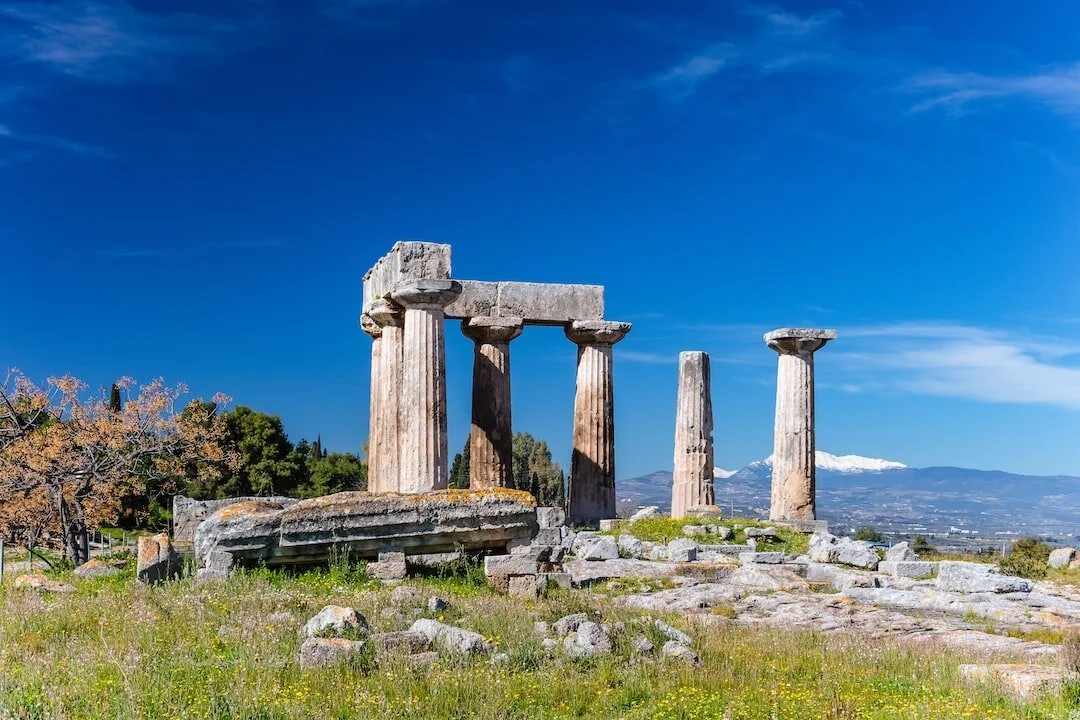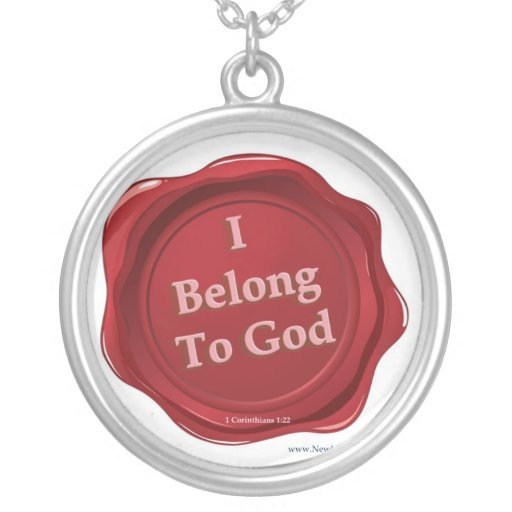Well, we’re at the end of II Corinthians (next week, as Advent starts we’ll be launching into Luke’s Gospel). II Cor. 13 is such a great chapter to work through with our children and young people. Paul oozes with confidence as he looks to leave this whole period of his relationship with Corinth behind. It’s been incredibly painful, and there has been hard words said, but he is hoping that – at last – they can move on! It’s an incredible celebration of God’s grace in redemption, and in restoration.
So here’s a great place to start: God fixes things. We live in a ‘disposable’ culture. Things break, and we tend to bin them and move on… We are a society that periodically re-invent ourselves, and our homes, moving on from one ‘look’ to another. It’s a trend that Ikea capitalize on! And one that unfortunately bleeds into the Church. Church-hopping is just wrong. But it is such a common phenomenon. Something happens: a falling out, a disagreement, a sense the ‘this’ Church is falling short, not providing something I want or feel I need. And so, I move on. There is something profoundly un-Christlike about it. Paul – driven as he is by Christ’s love – won’t simply move on. He will not dispose of this Church in favour of another. That is profoundly Christ-like. The foundational reality underpinning the whole Corinthian correspondence is Paul’s unshakeable confidence in God’s redemption, and the (often long) process of the Spirit’s reclaiming of people and communities. He sticks with it. This could be a great opportunity to help our children to realize the importance and realities of what it means to belong to a fellowship of Christians… about what it means to roll up your sleeves and get stuck in – when things are going well, and when they aren’t! Perhaps reflect together on how you could serve in the life and mission of our Church. It could be anything from helping with tech. support for services, to reading the Scriptures, leading intercessions, involved in Sunday Groups, an Alpha Course, or Messy Church. Paul gives us a great model for getting involved to make our Churches stronger, more faithful, Bodies.
And of course, this is a great opportunity to reflect on and give thanks for our own experience of being fixed by God, who sticks with us over the long haul!
In 13:5, Paul calls on the Corinthians to ‘examine themselves’. One of the most important spiritual dynamics of growth is the spiritual self-awareness that allows us to recognize when something isn’t going well for us, and to know what to do about it! If you’re at DTP, we’ve looked at this quite recently in our session of the ‘Discipline of Watchfulness’. You can’t start too young in helping your children to reflect on their experience of following Jesus… on their experience of a living relationship with Christ, and of the Spirit’s work in them as they read the Bible, pray, worship, and grow towards Christ-likeness. It’s an exciting process, and if you can help them learn how to do this early on, they’ll develop a spiritual resilience that will serve them well in the future. Share with them how you cultivate this spiritual self-awareness, how you examine yourself and the integrity of your own discipleship. If this is a new idea for you, have a chat with me.
13:7 (also v.9), Now we pray…. The older preachers used to tell us that ‘prayer’ is the last thing we learn as a Christian. It’s weird – in some ways it the easiest thing to do, and in others it’s the hardest! This is because it’s about the state and posture of our soul, rather than about any ‘technique’. Prayer is the celebration of weakness. It is born out of the recognition that we are fundamentally powerless. That’s a hard lesson to learn. We live with the myth of self-reliance. In most areas of life, we intentionally breed a ‘can-do’ attitude. But in our faith we confess ‘we are weak in Him’ (13:4). Of course the next part of the sentence is critical: ‘yet be God’s power’. Those who believe this are people of prayer. There is a whole section in ‘My First Books and More…’ on learning o pray from the Bible. It starts on p.173. It’d be a great way to spend Advent as a family… praying from the Scriptures together each day! Praying with our children is a great privilege, but also helps us to lay a foundation for this more profound aspect of our relationship with the Living God.
Last idea: v.11 is a verse that brims with potential for Family Worship and Discipleship. Short sharp exhortations – easily memorized and easy to understand and act on. Rejoice! Strive for full restoration! Encourage! Be of one Mind! Live in Peace! and what an incentive – as we fulfil this conditions, God is with us. So, why not do something each day this week that contributes to their fulfilment. What can you do to lead your family in Rejoicing in the grace of God? maybe ‘restoration’ isn’t something you need to worry about at the moment… or maybe it is!? Encourage: who can you encourage in their discipleship… can you think of ways in which as a family you could do something that would encourage someone else at MIE in their faith? Be of one mind… that’s a bit trickier, or at least, it’s a longer term project. But working through My First Books… or To Be a Christian really helps as we are all learning together from the historical teaching of the Church. Live in Peace… you may feel this is already your experience – in which case, great – celebrate that. If not, what can you do to be a peacemaker?
May the grace of our Lord Jesus Christ and the love of God and the fellowship of the Holy Spirit be with you all evermore, Amen.
























